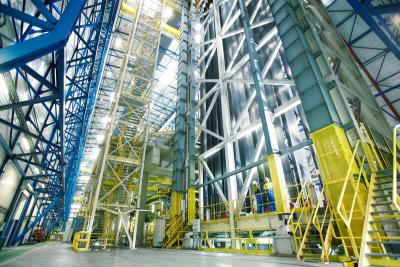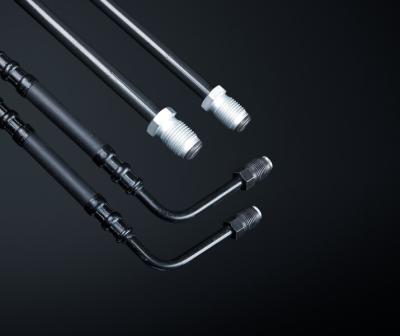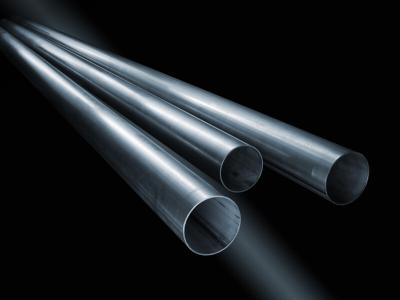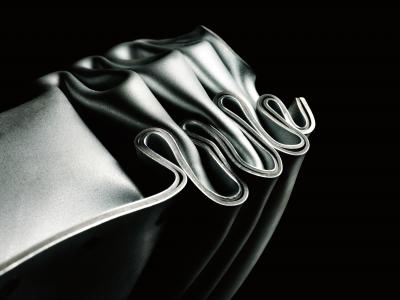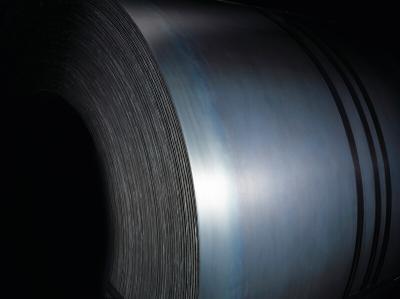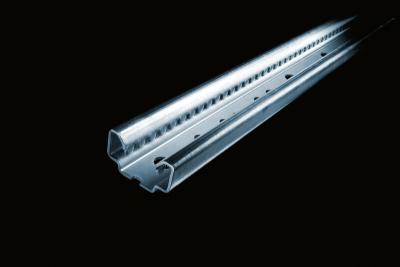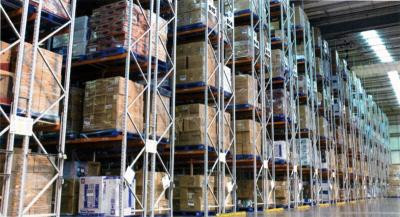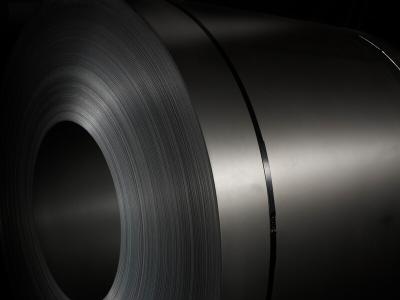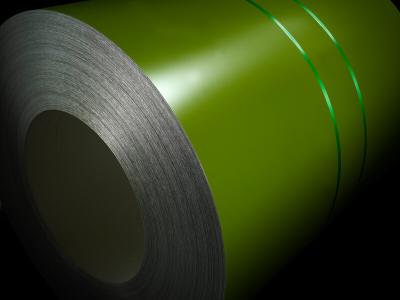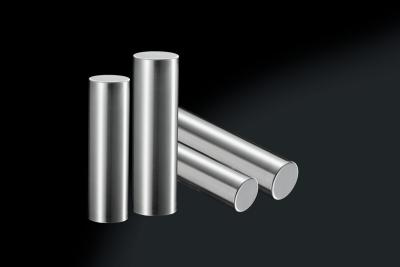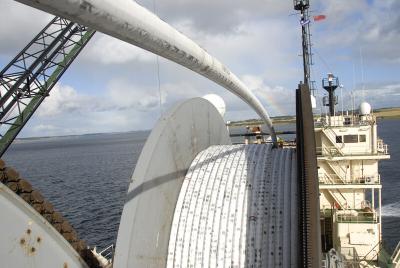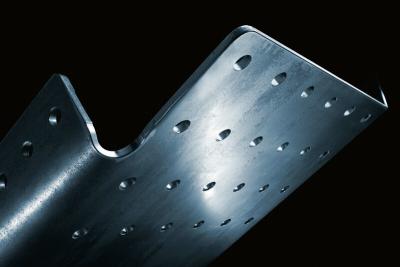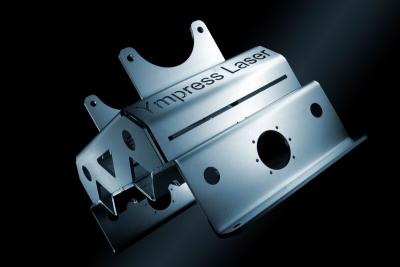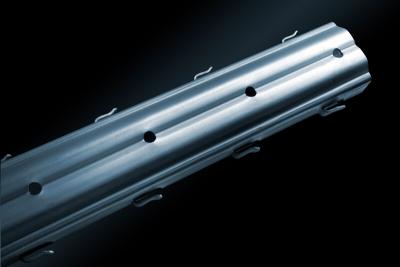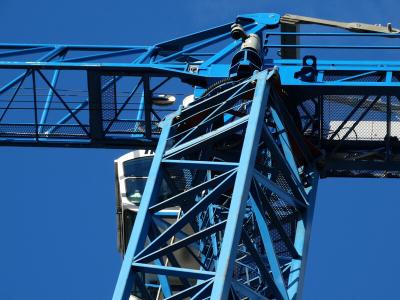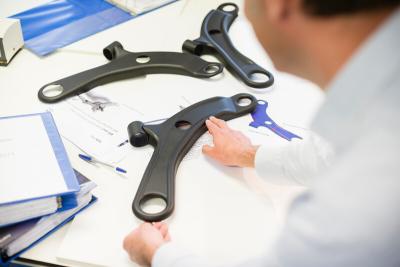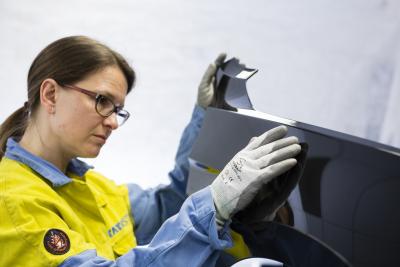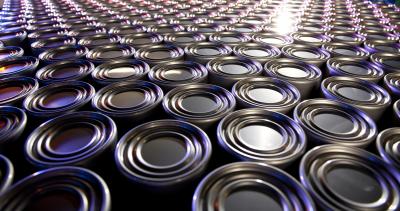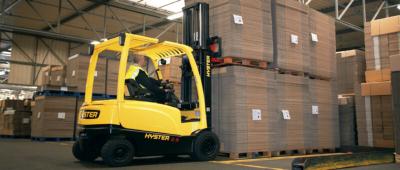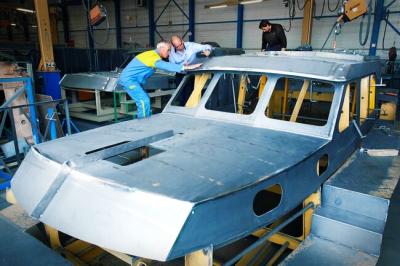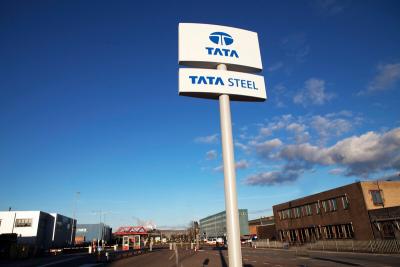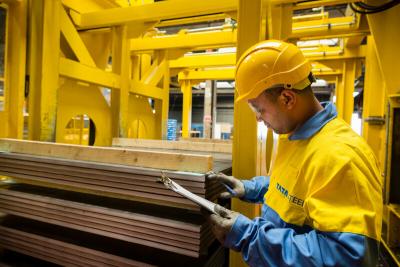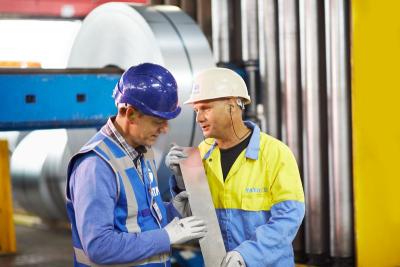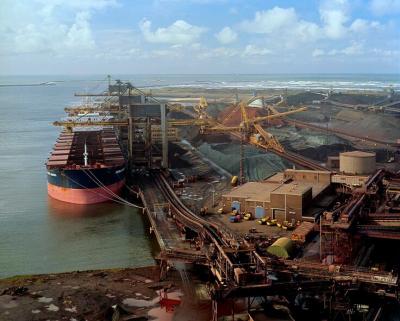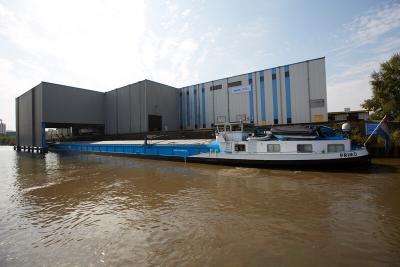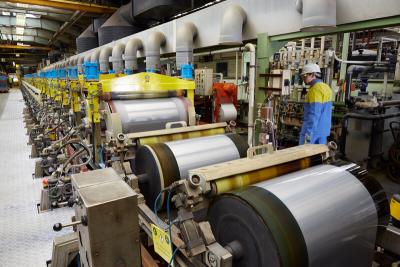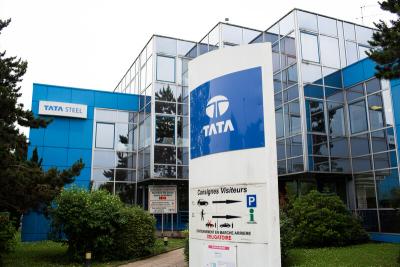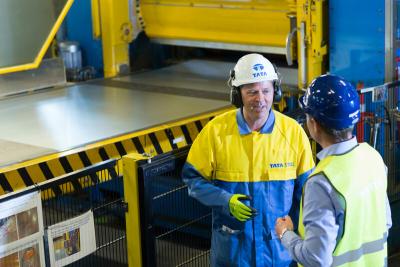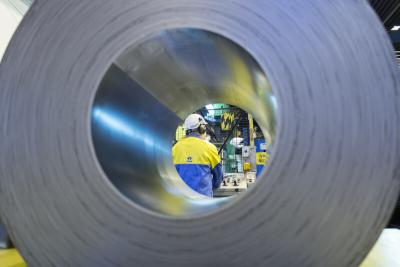
Steel is the most recycled sales packaging material in Europe, with a recycling rate of 78.5% in 2021.
In the Netherlands, used steel packaging from households is collected along with other household waste. Next, most of the steel packaging is reclaimed by magnetic separation, usually after incineration. This system has resulted in a recycling rate of 94.3% in 2021, placing the Netherlands among the top recyclers of metal packaging in Europe.
At our UK centre of expertise on steel recycling, we have been at the forefront of the recycling drive, actively contributing to government-supported recycling programmes.
Tata Steel is the largest steel reprocessor in the UK. Our focus remains on the domestic waste stream, and on recycling, via our recycling centres. Our objective is to ensure that our customers get the best possible steel recycling deals, with high recycling levels and low recycling costs. This led to the achievement of a recycling rate in 2021 of 75.2% for packaging steel in the UK (source: APEAL).
Steel is the most recycled material across the world. It is a permanent material that can be recycled over and over again with no loss of quality.
Steel recycling saves resources and reduces CO2 emissions, energy consumption and water usage. According to worldsteel, more than 22bn tonnes of steel have been recycled worldwide since 1900 – resulting in significant energy and raw material savings.
Our leading role in steel recycling
Tata Steel is one of the largest steel recyclers in the UK. We have a department entirely dedicated to the recycling of packaging steel.
Our Packaging Recycling team, along with Tata Steel colleagues in the Netherlands, works in partnership with several organisations to promote recycling and reduce the amount of steel packaging going to landfill.


Tata Steel supplies tinplate packaging material. We offer an optional passivation process to stabilise the tinplate surface for extended shelf life.
In common with other tinplate manufacturers, we have historically adopted a process that involves the use of hexavalent chromium. REACH, the European Union regulation on chemicals, is banning the use of hexavalent chromium compounds from tinplate production processes.
As members of The Association of European Producers of Steel for Packaging APEAL, we are working with other European tinplate producers to introduce an alternative, standard, hexavalent chromium-free passivation process. You can read more about it on our Tinplate product page. Information regarding this and compliance with REACH regulations is available from:
Raising the profile of steel packaging recycling is an important part of our work.
To change behaviours and help our world move towards a sustainable future, we are keen to play our role in educating people about the benefits of steel packaging and its recycling credentials.
Our Packaging Recycling team, delivers education on packaging recycling to schools and adult groups in the UK. These workshops form part of a wider education programme offered by Tata Steel to support local communities.
Working with schools
We deliver more than 100 packaging recycling workshops every year to young people aged seven upwards. Members of our Packaging Recycling team visit primary and secondary schools, sixth form colleges and further education establishments to deliver interactive workshops.
Get in touch with us if you're a teacher and interested in one of our workshops.


At Tata Steel we have a dedicated Packaging Recycling department in the UK. Packaging recycling is an important part of our business.
Tata Steel offers an established end market for used steel packaging – enabling commercial and public sector bodies to comply with landfill and packaging waste directives. Our Packaging Recycling team actively promotes steel packaging recycling through initiatives including education programmes.
Providing evidence of recycling
We work with local authorities and waste management bodies throughout the UK to ensure high recycling rates for steel packaging. We recycle large volumes of used packaging steel annually in our steelmaking operations. Used steel packaging, recovered from kerbside collections, incinerators and can banks, is reprocessed into new steel products at Tata Steel Port Talbot Works.
MetalMatters helps local authorities promote their kerbside metal recycling. Find out more about MetalMatters here.
We believe it is vital that legislators, policy makers and key decision-makers in the packaging chain understand steel's performance as a packaging material.
We co-operate with industry partners on a national level through the Metal Packaging Manufacturers Association (MPMA) in the UK and Stichting Kringloop Blik (SKB) in the Netherlands. On an international level, we work with the Association of European Producers of Steel for Packaging (APEAL) in engaging with political institutions and communications activity.
Tata Steel are members of the Responsible Minerals Initiative (RMI) which is one of the most respected resources for companies from a range of industries addressing responsible mineral sourcing issues in their supply chains. Tata Steel are also members of the EPRM. The EPRM is an accompanying measure to the EU Conflict Minerals Regulation. The aim of EPRM is to enable more mines to comply with the standards required under the OECD Due Diligence Guidance. This in turn will enable companies to source minerals from the mines confident that they will be able to comply with relevant regulations such as the conditions of the EU Regulation.
Within the tin supply chain, we cooperate with the International Tin Research Institute (ITRI) and the Dutch Sustainable Trade Initiative (IDH) to avoid the use of minerals originating from conflict zones (where they may have been mined in conditions of armed conflict and human rights abuses) in our products.








